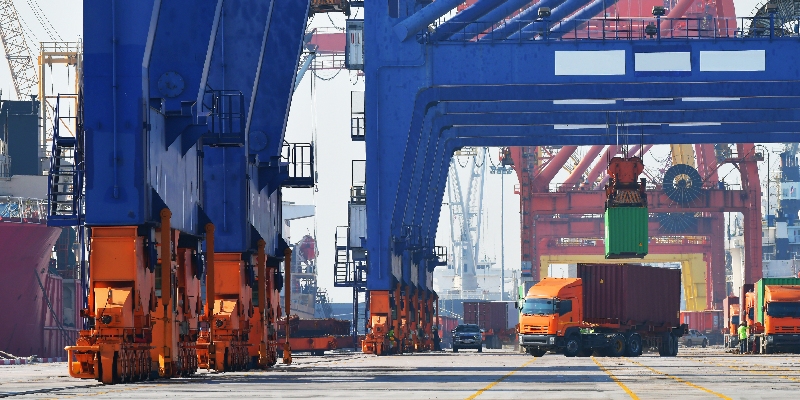Managing a supply chain isn’t easy, and that’s true even when you’re running a small business. By the time you begin to appear at larger national and global companies, the supply chain begins to seem less like a series and more like a net, filled with interconnectivity and riddled with inefficiency.
Supply chain management is such big business today that all kinds of experts are starting to harvest that make it their mission to iron out these inefficiencies and to save companies money. Artificial intelligence, machine learning, and other new technologies are already being applied to the challenge of optimizing the distribution chain, but there is another new technology on the block that is prepared to change the game.
It’s been described as “a record-keeping mechanism which makes it simpler and safer for businesses to work together over the internet.” You can probably see why it’s a great deal of potential when it comes to supply chain management.
Boosting compliance
It’s true that blockchain was initially designed only for financial transactions, but it’s also true that it is a highly versatile technology with all sorts of potential use cases. When it comes to supply chain management, by way of example, it might make it much easier for big companies to monitor the whats, the whens, and the whys for every single order on the supply chain. It could result in the development of interoperable systems that permit you to get a more accurate view of what’s happening beneath the bonnet of your company.
Also read: How AI Is Enhancing The Pharma Supply Chain
Because blockchain is effectively an incorruptible ledger, it makes it a lot easier to monitor your compliance efforts by recording each and every step of the way. At the same time, blockchain data can be made easily available to auditors and other third-parties such as compliance officers. It’s a more open system, but the simple fact that it is a more open system will help to force individuals to work within the laws and regulations that are in place to protect consumers. The only people who’d suffer are the ones who have been breaking the rules.










Leave a comment